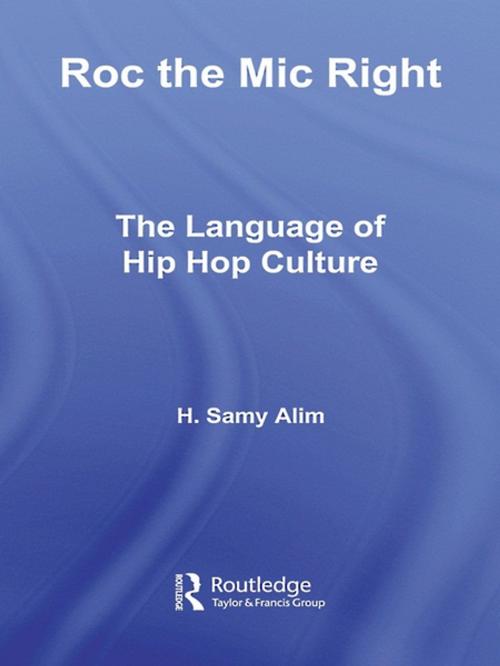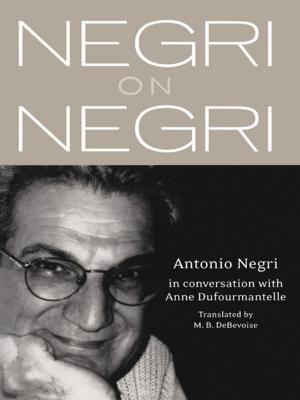Roc the Mic Right
The Language of Hip Hop Culture
Nonfiction, Reference & Language, Language Arts, Linguistics, Writing & Publishing, Composition & Creative Writing| Author: | H. Samy Alim | ISBN: | 9781134243631 |
| Publisher: | Taylor and Francis | Publication: | September 27, 2006 |
| Imprint: | Routledge | Language: | English |
| Author: | H. Samy Alim |
| ISBN: | 9781134243631 |
| Publisher: | Taylor and Francis |
| Publication: | September 27, 2006 |
| Imprint: | Routledge |
| Language: | English |
Complementing a burgeoning area of interest and academic study, Roc the Mic Right explores the central role of language within the Hip Hop Nation (HHN). With its status convincingly argued as the best means by which to read Hip Hop culture, H. Samy Alim then focuses on discursive practices, such as narrative sequencing and ciphers, or lyrical circles of rhymers. Often a marginalized phenomenon, the complexity and creativity of Hip Hop lyrical production is emphasised, whilst Alim works towards the creation of a schema by which to understand its aesthetic.
Using his own ethnographic research, Alim shows how Hip Hop language could be used in an educational context and presents a new approach to the study of the language and culture of the Hip Hop Nation: 'Hiphopography'. The final section of the book, which includes real conversational narratives from Hip Hop artists such as The Wu-Tang Clan and Chuck D, focuses on direct engagement with the language.
A highly accessible and lively work on the most studied and read about language variety in the United States, this book will appeal not only to language and linguistics researchers and students, but holds a genuine appeal to anyone interested in Hip Hop or Black African Language.
Complementing a burgeoning area of interest and academic study, Roc the Mic Right explores the central role of language within the Hip Hop Nation (HHN). With its status convincingly argued as the best means by which to read Hip Hop culture, H. Samy Alim then focuses on discursive practices, such as narrative sequencing and ciphers, or lyrical circles of rhymers. Often a marginalized phenomenon, the complexity and creativity of Hip Hop lyrical production is emphasised, whilst Alim works towards the creation of a schema by which to understand its aesthetic.
Using his own ethnographic research, Alim shows how Hip Hop language could be used in an educational context and presents a new approach to the study of the language and culture of the Hip Hop Nation: 'Hiphopography'. The final section of the book, which includes real conversational narratives from Hip Hop artists such as The Wu-Tang Clan and Chuck D, focuses on direct engagement with the language.
A highly accessible and lively work on the most studied and read about language variety in the United States, this book will appeal not only to language and linguistics researchers and students, but holds a genuine appeal to anyone interested in Hip Hop or Black African Language.















